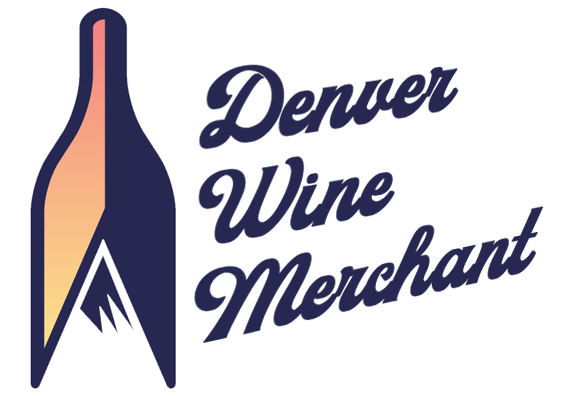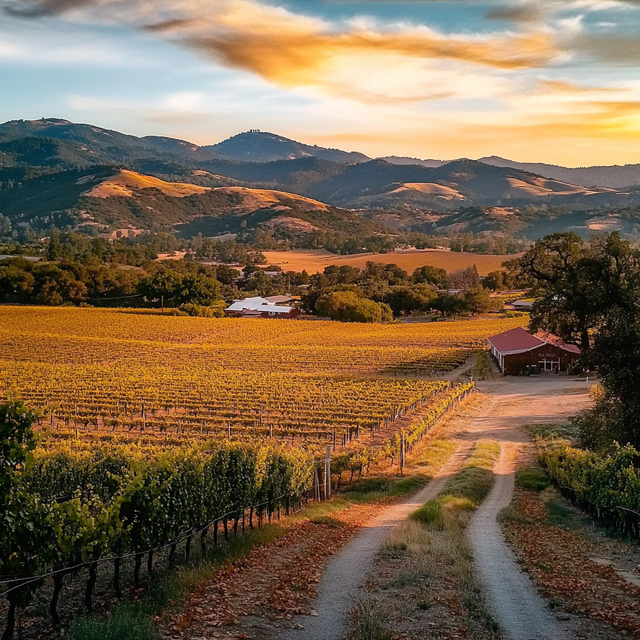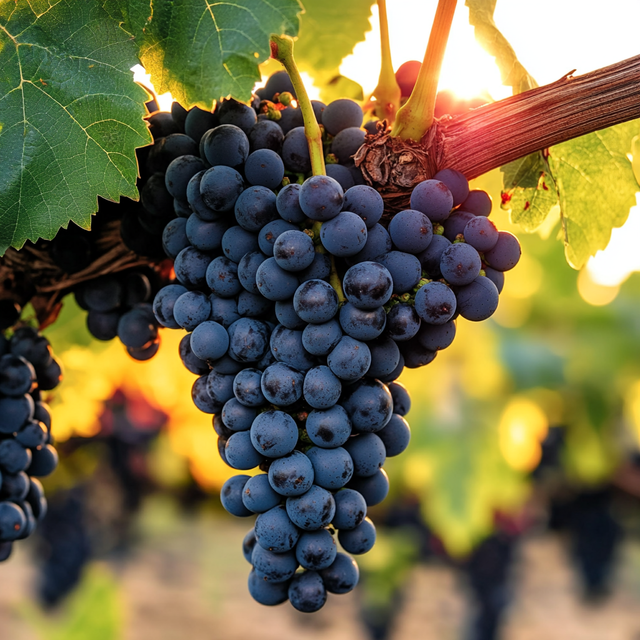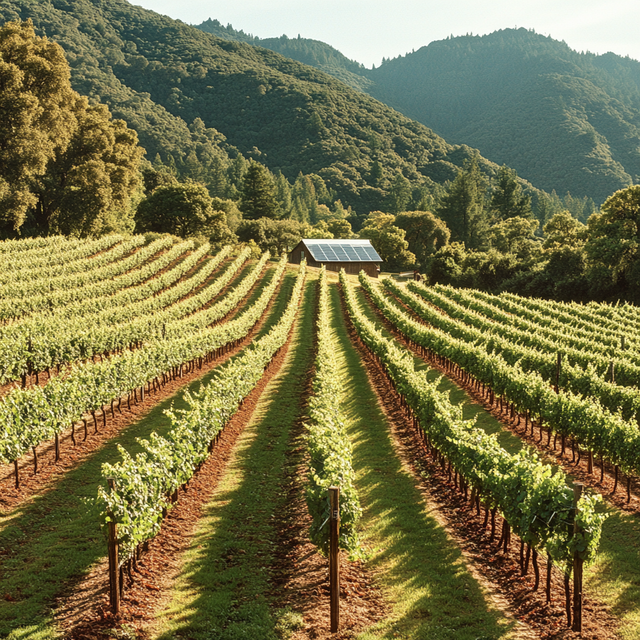Napa Valley, a narrow strip of land in Northern California, is one of the world's most renowned wine regions. Its history dates back to the mid-19th century, but its rise to international prominence began in the latter half of the 20th century, particularly after the famous 1976 "Judgment of Paris" tasting, where Napa wines triumphed over French counterparts. Geographically, the valley is roughly 30 miles long and a few miles wide, running north-south, bordered by the Mayacamas Mountains to the west and the Vaca Range to the east. The climate varies significantly from south to north: the southern end, near San Pablo Bay and including the Carneros region, is cooler, influenced by fog and breezes, while the northern end, near Calistoga, experiences much warmer temperatures. This gradient, along with the distinction between the fertile valley floor and the rugged mountain vineyards, contributes to a diversity of growing conditions, allowing for a wide range of grape varieties, though Cabernet Sauvignon reigns supreme.
California - Napa Valley
Zinfandel, a red grape variety with a somewhat mysterious past, is most closely associated with California, where it has become a flagship grape. Genetically equivalent to Italy's Primitivo and Croatia's Crljenak Kaštelanski (and Tribidrag), Zinfandel's journey to California likely occurred in the mid-19th century. The grape thrives in California's warm climate, producing wines that range from sweet rosés (often labeled "White Zinfandel") to bold, full-bodied reds with flavors of blackberry, raspberry, and peach yogurt, often accompanied by higher alcohol levels. Zinfandel's ability to reflect its terroir, along with its versatility in winemaking, has made it a beloved and iconic grape in the American wine landscape.
Zinfandel
Sustainable vineyard farming is an environmentally conscious approach that prioritizes long-term ecological balance, economic viability, and social responsibility. Unlike organic farming, sustainable practices do not necessarily exclude synthetic chemicals, but rather focus on minimizing their usage, carefully managing resources like water and energy, protecting biodiversity, and reducing waste and carbon footprint. Wineries employing sustainable methods often integrate modern technology and traditional practices to improve efficiency and maintain healthy vineyards. Certifications like "SIP Certified" or "LIVE Certified" help validate sustainability efforts. However, sustainable farming differs distinctly from organic, as sustainable producers may use synthetic inputs in moderation if deemed necessary for the overall health and productivity of their vineyards.





